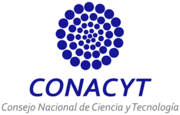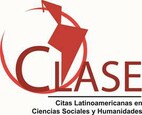Virtual teaching and learning for humanized care of the nursing student
Abstract
The objective of this study was to analyze the significance of virtual teaching and learning for humanized care in the practice of nursing students. This is a qualitative, phenomenological, descriptive, and interpretive study, centered on the philosophical theoretical framework of Martin Heidegger. Nine undergraduate nursing students from a public university in Sinaloa volunteered to participate. Data was collected through phenomenological interviews, and the results show that the phenomenological analysis revealed three categories of meaning: 1. The lack of the moment of care; 2. Care: an imaginary in virtuality; and 3. The moment of care: a dual and reciprocal ideal from virtuality.




































1.png)







1.png)







